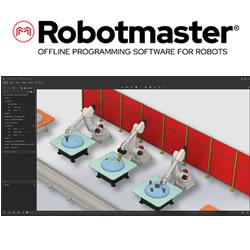New 3 and 4 Pole (Size 21.21) Compact Rectangular Insert with SQUICH Spring Connection Contacts
ILME Has Expanded Toolless SQUICH Technology to include 3 and 4 Pole (Size 21.21) Inserts
ILME "SQUICH" spring terminal rectangular connectors have provided easy quick-connect solutions for a variety of industrial machinery in rugged industrial environments. With the SQUICH (already open) spring insert technology, no tool is required to terminate rigid and or flexible cables (up to 2.5mm2) to the contacts in the connector. The SQUICH inserts are up to 50% faster to wire than the conventional screw terminal connectors. These inserts provide a safe and reliable connection thanks to the robust design which will endure severe vibrations on harsh manufacturing floors. In addition, when used with the IP65 housings, they offer gastight connections that meet the needs found in hazardous and controlled production environments.
The CK series SQUICH connectors are wired on the rear top of the insert. This keeps the wires from being bent and eliminates the tedious disassembly process of the inserts from the enclosures when re-wiring is required. They will save end-users significant time on installation, reinstallation or alteration of the connectors.
A unique coding system is available to prevent incorrect coupling that may cause consequent damages and breakdown. These coding pins can be set with multiple unique configurations, so several enclosures can be mounted together without fear of mating the wrong hoods with the wrong bases. According to EN 61984, the 3 and 4 pole (size 21.21) SQUICH inserts are rated 10A, 400V. Since cables are wired from the rear top, the measuring points for multimeter probes are located next to the connections.
Please contact www.mencom.com for more details.
Featured Product

